
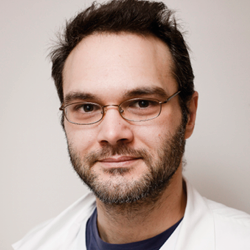
Prof Thrasyvoulos Tzellos
Professor Thrasyvoulos Tzellos is Dermatologist at the Department of Dermatology, NLSH Bodø, Norway, and Associate Professor at Institute of Clinical Medicine, University of Tromsø, Norway.
Professor Tzellos received his medical degree from the Aristotle University of Thessaloniki, Greece, moving on to complete an MSc in Clinical Research and Epidemiology and a PhD from the same institution. He has also completed several postgraduate courses on educational techniques, epidemiology and clinical pharmacology in healthcare.
He has published over 100 peer-reviewed articles and his current research expertise lies in the field of evidence-based medicine, clinical trials, meta-analyses, case-control studies, cohort studies and large-scale epidemiological studies. He is actively involved in clinical research on hidradenitis suppurativa and is a founding member of the European Hidradenitis Suppurativa Foundation (EHSF).
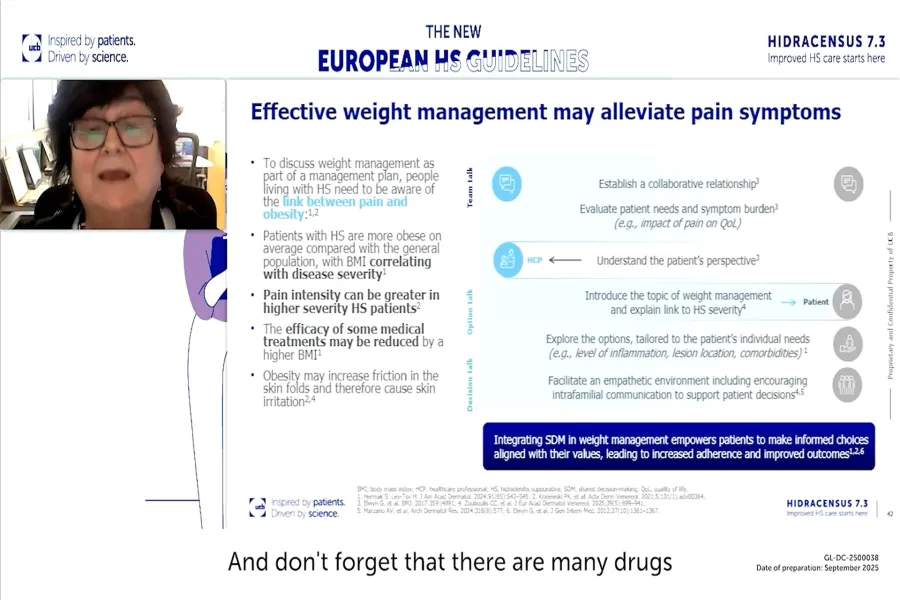
Exploring how the guidelines defines holistic care
Integrating holistic care through guideline recommendations with patient-reported outcomes and shared decision-making
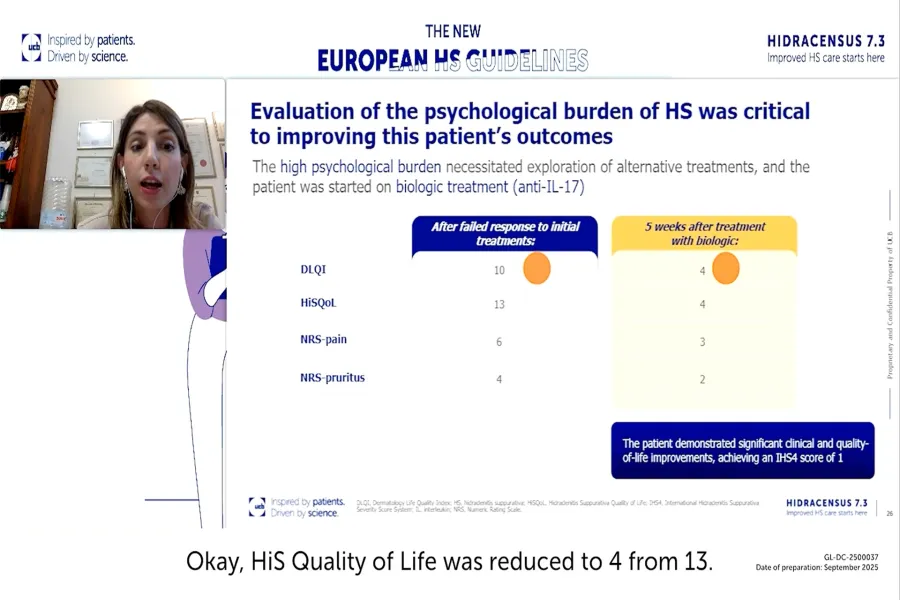
Personalising the approach to HS care
Personalised HS care: Addressing the multi-faceted burden of HS with a case study example
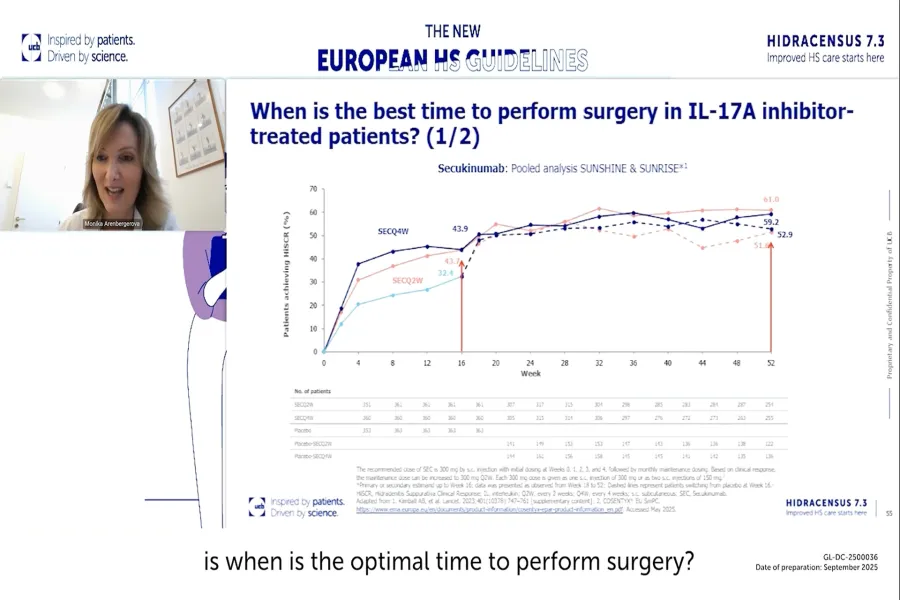
Combination approaches in HS
The role of combined medical/surgical and medical-only treatments, including the optimal time for intervention
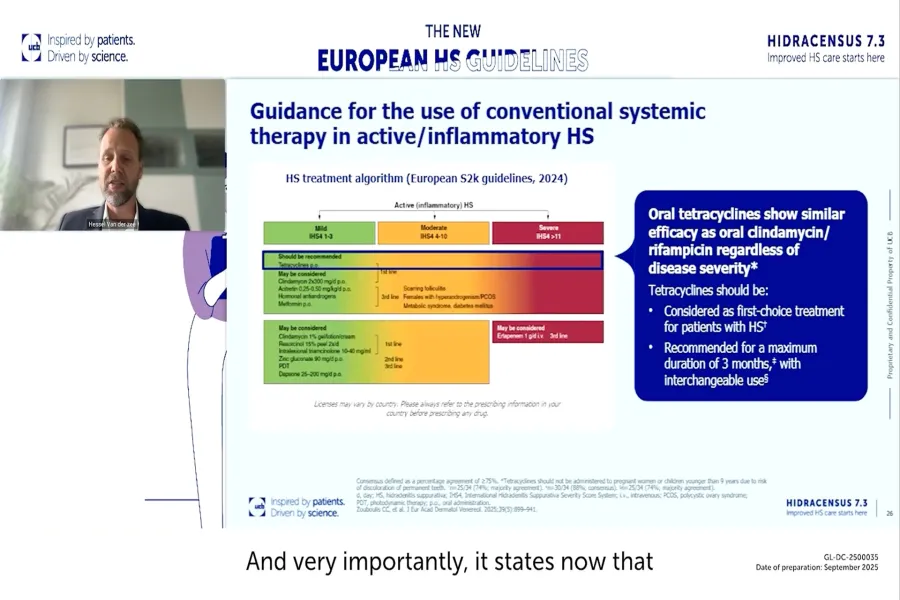
An overview of the European S2k guidelines
Key guideline updates including management algorithms for inflammatory and non-inflammatory HS phenotypes
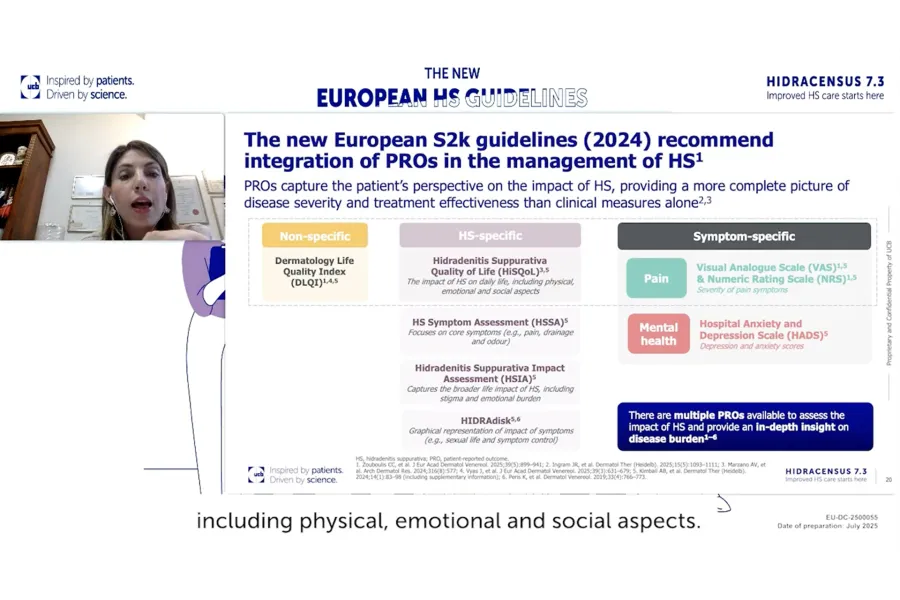
Shared decisions: Redefining HS treatment
Prof. Prignano and Prof. Liakou discuss patient-reported outcomes, shared decision-making and multidisciplinary HS care
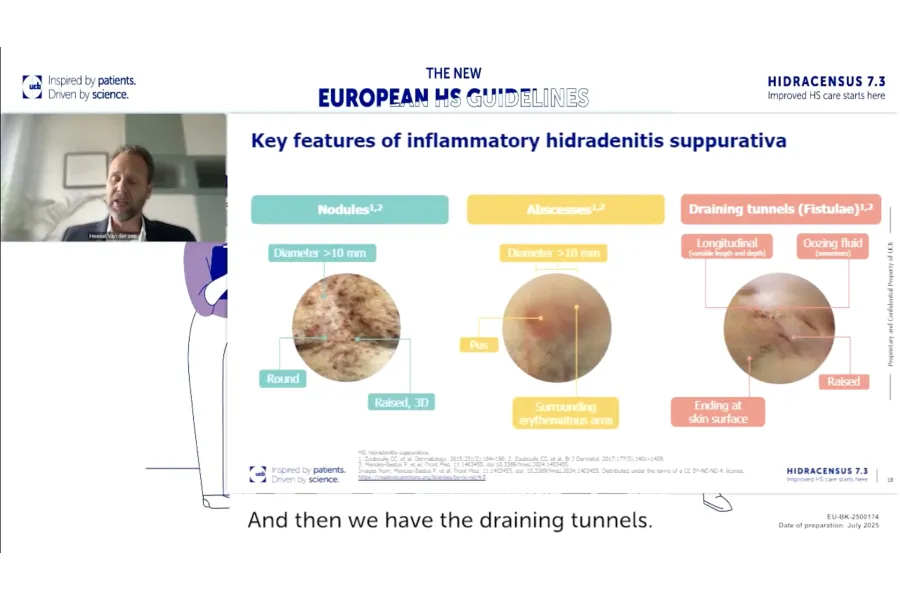
From guidelines to action: Transforming HS treatment pathways
Dr van der Zee and Prof. Arenbergerová explore holistic treatment of HS through medical, surgical and combined approaches